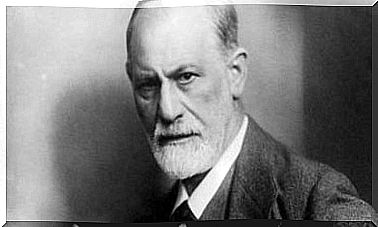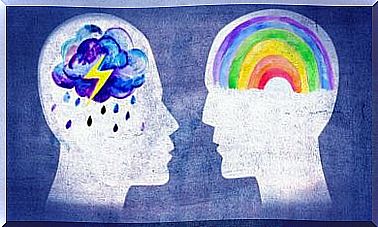Homecoming: A Psychological Thriller About Emotions And Memory

Homecoming is a new Amazon Prime series produced by Julia Roberts. The famous actress also plays the leading role. We are talking about a psychological thriller that is a hit. It deals with the still controversial point of scientific discoveries in the service of the military world.
The argument for this series appears to be based on a study that was published last year in the journal Current Biology. It was carried out by a team from Columbia University and McGill University in the United States. According to the researchers, it is possible to selectively erase multiple memories stored in a single neuron.
Homecoming: synopsis
The series was released in France last November. It consists of 10 episodes of 30 minutes. She tells us the story of a private research agency that has a contract with the United States Army. Apparently, a center has been set up to help soldiers returning home from the front lines. They are told that they are going to stay there and undergo therapy that will help them get back to their normal lives.
For this, the company hired a psychologist without much experience (Julia Roberts). She was placed at the head of the center but receives instructions from “above”. The project, in fact, aims to test a new drug that promises to completely eliminate the effects of post-traumatic stress disorder that many veterans suffer from.
Heidi, the psychologist, knows no more than that. But that’s only part of the iceberg. And I will not anticipate too much so as not to remove all suspense from those who are curious and would like to see the series.

The real research
The argument developed in the series seems to have arisen from the astonishing discoveries made about emotions and memory. The Columbia University study found a way to erase memories in a single neuron selectively. This research was carried out on Aplysia snails, a type of mollusk that has the same characteristics of neurons as humans. This discovery has led to a whole line of research which tries to put an end to the psychological effects produced by traumatic facts.
Chemically, there is a difference between associative and non-associative memories. Much of the information we keep is emotionally neutral. The other part is related to emotions. Together, they constitute the memory or the recollection of a fact.
So it was discovered that each type of memory uses a different variant of protein kinase M, a neurotransmitter used by neurons to record memories. Associative memories happen to use the PKM Apl III variant and non-associative memories use PKM Apl I.
The result of the study
The findings of this research seem to confirm that we can erase the painful part of a memory by keeping the memory in itself, without losing it. This is done by applying inhibitors of the appropriate kinase variant. This discovery is a great source of hope for the treatment of post-traumatic stress disorder PTSD.
Current psychology has tools for dealing with post-traumatic stress disorder, but it has not been eradicated with therapy. Research teams now want to develop pharmacological approaches to treat PTSD, so that the memory is maintained without the anguish it produces.

The relationship with the Homecoming series
The Homecoming series features a storyline in which this research appears to already be at the stage of experimentation with humans. In this case, with military personnel at risk of developing post-traumatic stress disorder: veterans. The results revealed by this study are fascinating. However, the series shows the darker side of this type of technique, as does its less human side.
In Homecoming , the experiments on humans lead to the expected results for the secret agency, but with some unforeseen events. These are relatively easy to correct in the next phase of drug development, but it appears that they are not reversible for people who have undergone the experiments. People who, moreover, completely ignore the real purpose of their “rehabilitation therapy for civilian life”.
It would be very interesting to know whether research based on so-called third wave therapeutic techniques is being carried out. Evidence seems to exist indicating that these techniques could have an influence on the chemical balance of our brain. In other words, perform the function of external drugs. This line of research seems very interesting to us; maybe it will finish developing in the near future?









